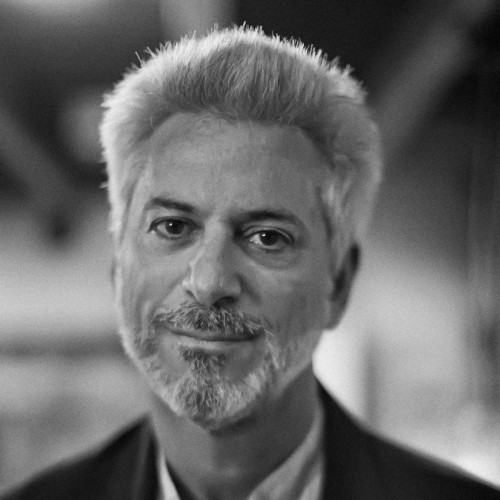Influenzers in Action: COVID-19 Response
Part One: Celebrating contributions from The Sabin-Aspen Vaccine Science & Policy Group
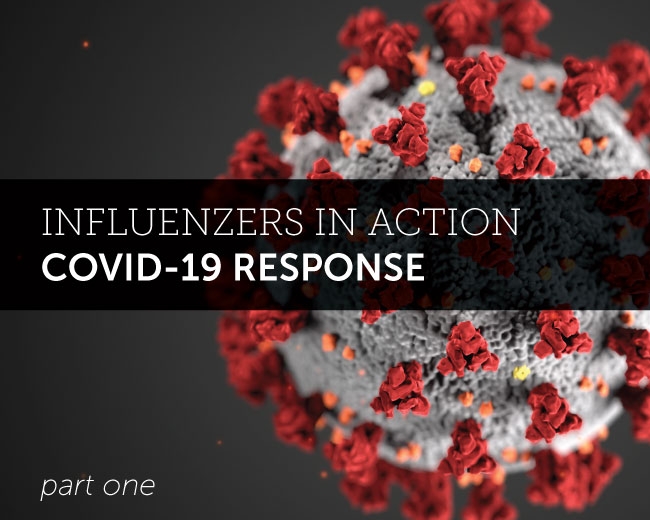
The Sabin-Aspen Vaccine Science & Policy Group
Responding to COVID-19, many researchers and institutions across the science and technology spectrum are joining the historic campaign to fight this pandemic. In this series, we celebrate the contributions being made by members of the influenza community applying their vast expertise to the current global health crisis.
The first part of this series highlights The Sabin-Aspen Vaccine Science & Policy Group, which brings together senior leaders across many disciplines to examine some of the most challenging vaccine-related issues and drive impactful change. The following members convened in 2018 to probe and develop actionable recommendations for accelerating the development of a universal influenza vaccine (UIV). Learn how our members are currently responding to COVID-19.
Seth Berkley
CEO, Gavi Vaccine Alliance
As GAVI mobilizes to fight COVID-19 in lower-income countries, Berkley envisions how to accelerate and optimize the lengthy process of vaccine development and distribution that will truly end this pandemic. COVID-19, he says, shows us that “waiting until an outbreak occurs before developing a vaccine costs lives.” This lesson reinforces Berkley’s advocacy for a UIV as the best way to prevent an inevitable influenza pandemic.
See also: Worth a shot—the global hunt for a vaccine
The quest for a coronavirus vaccine
The troubling reason why vaccines are made too late…if they’re made at all
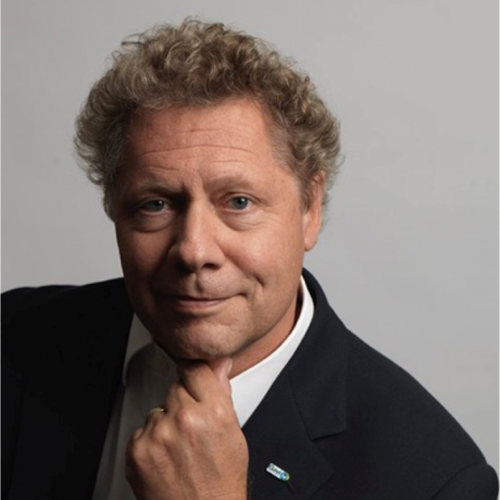
Alan Bernstein
President and Chief Executive Officer,
Canadian Institute for Advanced Research
As leader of CIFAR, a global champion of cross-disciplinary scientific collaboration, Bernstein is an articulate advocate for the strategic application of AI in public health. CIFAR’s response to COVID-19 exemplifies these commitments as the organization advises the global community on the application of AI to stem the pandemic. CIFAR is also funding interdisciplinary, innovative, high-risk/high-reward projects applying AI to explore multiple aspects of COVID-19, including pathogenicity and transmission, accelerating vaccine development, and assessing its economic impacts.
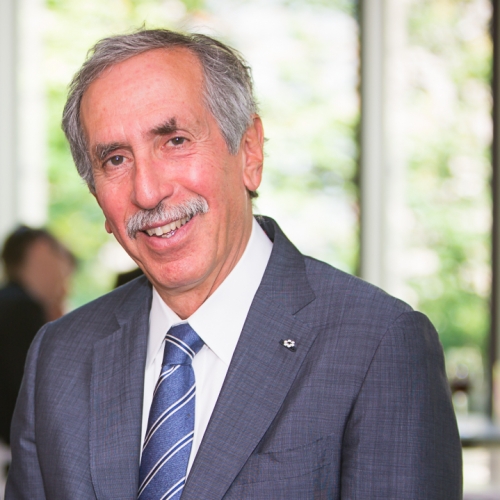
Michael Conway
Senior Partner,
McKinsey & Company
As a member of McKinsey’s team of epidemiology and crisis management experts, Conway has advised organizations on managing multiple emerging infectious outbreaks, including Zika, Ebola, and MERS, as well as influenza; not surprisingly, that team is now focused on the multiple repercussions of COVID-19. Conway is a co-author of the Sabin-Aspen publication, “Refueling the Innovation Engine in Vaccines,” which examines the recent innovation plateau in vaccines and suggests ways to reverse this trend.
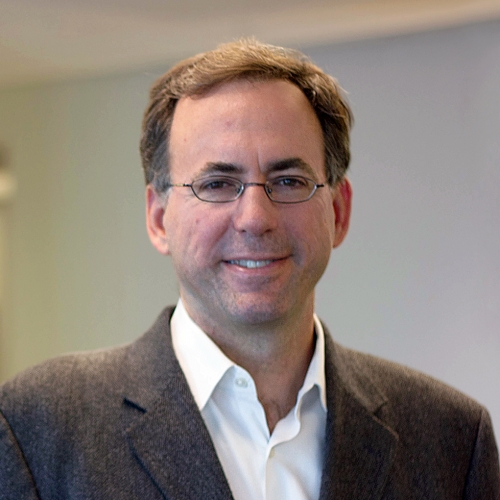
Kathryn Edwards
Sarah H. Sell and Cornelius Vanderbilt Chair in Pediatrics and
Professor of Pediatrics, Vanderbilt School of Medicine
An internationally-recognized expert in vaccinology, Edwards has studied, evaluated, and conducted clinical trials on vaccines against several infectious diseases, including influenza; her current work examines dose sparing strategies for influenza and avian Influenza vaccines. Edwards’ expertise is in high demand in the response to COVID-19: as part of Vanderbilt’s multi-disciplinary medical modelling team, she contributes to predictions on disease spread and resource use in Tennessee; as a media source on vaccine development; and, as a potential contributor to clinical trials of vaccine candidates.
See also: VUMC physicians see progress in the treatment of COVID-19, vaccine development

Mark Feinberg
President and Chief Executive Officer
International AIDS Vaccine Initiative (IAVI)
Feinberg’s broad experience in infectious disease research and vaccine development spans academia, government, industry, and most recently, the non-profit sector. His leadership of IAVI seeks to advance vaccines for HIV, TB, and other diseases that disproportionately impact low-income countries—including emerging infectious diseases with pandemic potential. Feinberg also serves as a member of the Collaboration for Epidemic Preparedness Innovations (CEPI) Joint Coordination Group and as a member of the National Advisory Allergy and Infectious Diseases Council (NAAIDC). In all of these roles, Feinberg has been called upon to advise and report on the response to COVID-19.
See also: Apr 2- Webinar—Pandemic Vaccine Development and Lessons for COVID-19
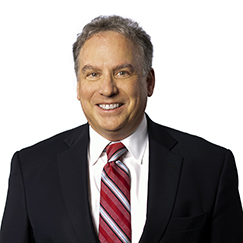
Harvey Fineberg
President, Gordon and Betty Moore Foundation
Fineberg chairs the Standing Committee on Emerging Infectious Diseases and 21st Century Health Threats, assembled in early March by the National Academies of Sciences, Engineering, and Medicine at the request of the White House Office of Science and Technology Policy in response to the COVID-19 pandemic. This forum has already issued expert advice on several crucial topics in their ongoing effort to integrate science into national preparedness and decision-making, to explore lessons learned from previous public health crises, and to consider strategies for addressing misinformation. Fineberg’s consummate legacy of public health leadership, particularly with regard to emerging infectious disease threats, extends to his advocacy for a UIV as co-chair of the Sabin-Aspen Vaccine Science & Policy Group.
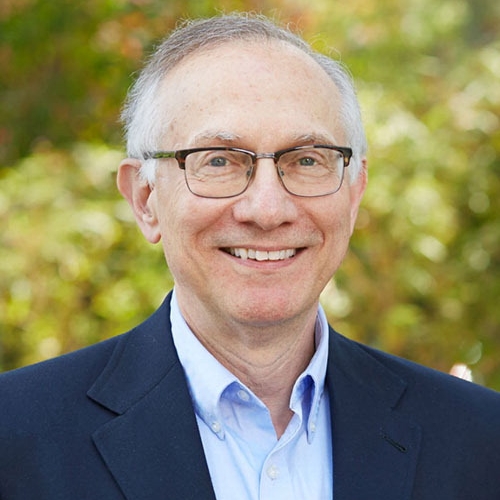
Margaret Hamburg
Foreign Secretary, National Academy of Medicine;
Chair of the Board, American Association for the Advancement of Science (AAAS)
Long an advocate for a UIV, Hamburg champions a comprehensive route to pandemic prevention: the decoding of the human immune system—and the achievement of this goal by harnessing technological advances across the scientific spectrum. Amid the COVID-19 crisis, her wisdom is in high demand and she is a frequent commentator and media source.
See also: Comments pushing back on Trump’s call for widespread use of unapproved drugs
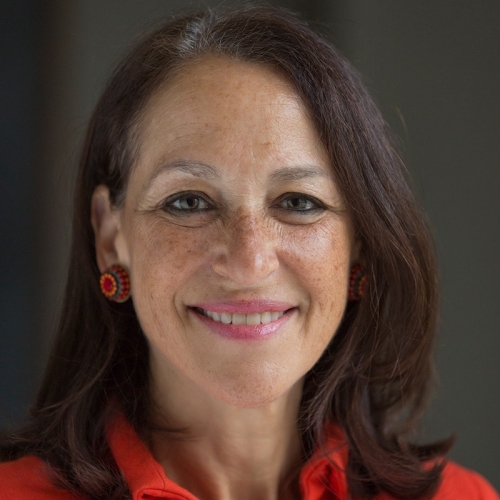
Penny Heaton
Chief Executive Officer, Bill & Melinda Gates Medical Research Institute
Penny Heaton oversees vaccine development activities across the Gates Foundation, ranging from clinical development through manufacturing and registration. Upon being honored in March by the National Foundation for Infectious Diseases (NFID) with the 2020 Jimmy and Rosalynn Carter Humanitarian Award, Heaton warned, “Regardless of how this [COVID-19] outbreak evolves, the world is at great risk from a pandemic, most likely from influenza virus.…the political will to support the infrastructure needed to address a pandemic grows with each outbreak.”
See also: How the Greater Boston biomedical community is tackling the coronavirus
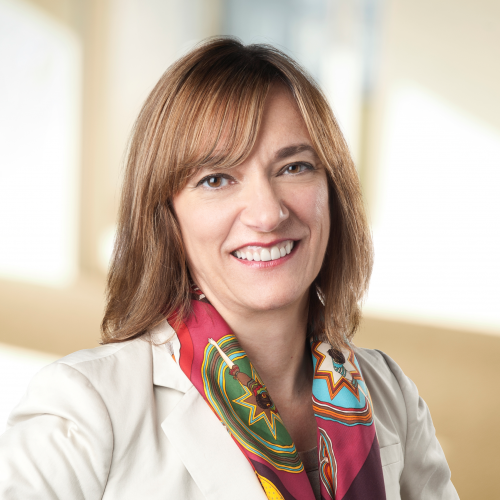
Muhammad Pate
Global Director, Health, Nutrition and Population Global Practice, World Bank;
Director, Global Financing Facility for Women, Children and Adolescents, World Bank Group
An infectious disease specialist at the forefront of the World Bank’s response to COVID-19, Pate oversees projects that include emergency medical support for developing countries around the world, with planned expansion to include economic relief over the next 15 months. On February 20, 2020, Pate was among an international team who presented a detailed plan for funding the development and manufacturing of COVID-19 vaccines to a World Bank/CEPI consultation.
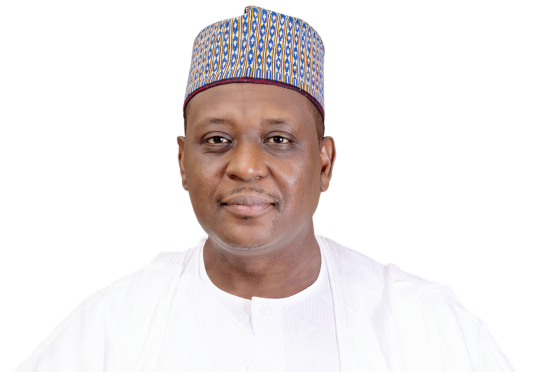
Helen Rees
Founder and Executive Director,
Wits Reproductive Health and HIV Institute,
University of Witwatersrand
Known for research and policy work on reproductive health and HIV prevention, vaccines, and drug regulation, Rees has prodigious leadership experience pertinent to both influenza and COVID-19 in organizations including the WHO, CEPI, and GAVI. She is also leading South Africa’s arm of the WHO’s urgent global trial of four possible COVID-19 treatments: chloroquine, remdesivir, and the antiretroviral combination of lopinavir and ritonavir.
See also: Coronavirus | Basic facts discussion on COVID-19 with Prof. Helen Rees
Professor Helen Rees: COVID-19 | Extending South Africa’s Lockdown | COVID and HIV
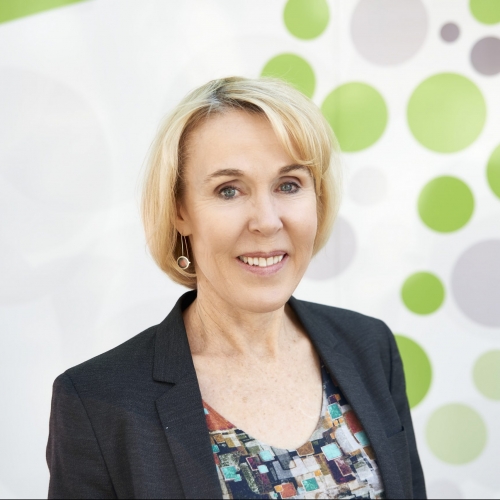
Laura Riley
Chair of Obstetrics and Gynecology, Weill Cornell Medicine;
Obstetrician and Gynecologist-in-Chief, New York Presbyterian Hospital
An expert on obstetrics infectious diseases, Riley has advised the CDC and the American College of Obstetrics and Gynecology on practice guidelines for vaccination and care during pregnancy for influenza and other pathogens. Not surprisingly, her wisdom has been widely sought by pregnant patients and their physicians on coping with the pandemic, and in weighing the risk of COVID-19 on pregnancy and delivery on everyone involved.
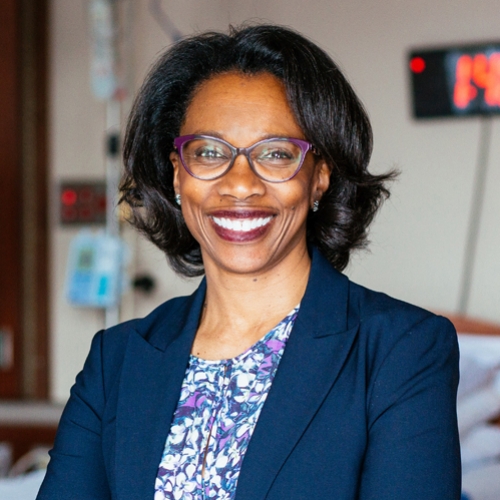
Pardis Sabeti
Professor, Center for Systems Biology and
Department of Organismic & Evolutionary Biology, Harvard University;
Member, Broad Institute of Harvard and MIT
Sabeti is a leading member of a consortium of dozens of Boston-area researchers who are breaking down institutional barriers to expedite development of urgently needed diagnostic tools, treatments, and vaccines for COVID-19. Research in Sabeti’s lab includes designing novel CRISPR-based antivirals capable of treating diverse and mutable RNA viruses, including influenza. Adapting their techniques for CRISPR-based nucleic acid detection, the researchers recently provided assay designs suitable for COVID-19 surveillance.
See also: Coronavirus: Pardis Sabeti On One Encouraging Development
Using CRISPR for Covid-19 Surveillance: Virologists at the Sabeti Lab Discuss their Test Development
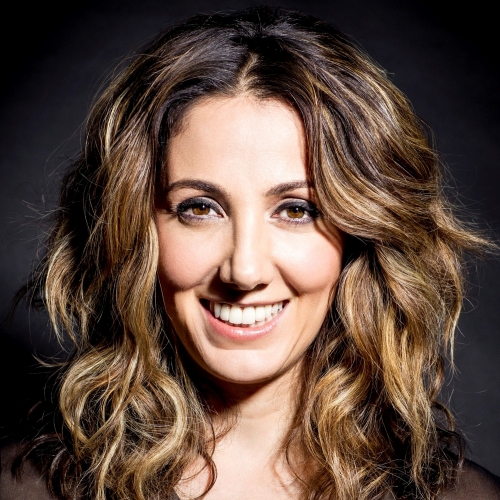
Michael Specter
Staff Writer, The New Yorker
As a staff writer for the New Yorker, Specter’s trenchant commentary on COVID-19 marks this pandemic as a milestone along a lengthy path of preventable public health crises, but also as an opportunity to recognize the overwhelming—and attainable—value of preventing the next pandemic before it starts through means that include the development of broad-spectrum, next-generation vaccines. Specter’s contribution to the recent report of the Sabin-Aspen Vaccine Science & Policy Group describes the current state of influenza vaccine preparedness, the economic and scientific obstacles that inhibit its improvement, and promising approaches that could lead to a more comprehensive influenza prevention strategy featuring a UIV.
